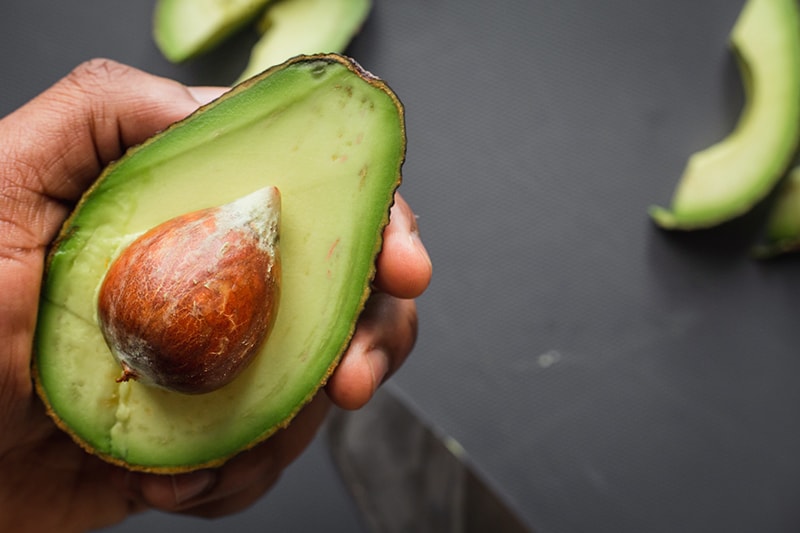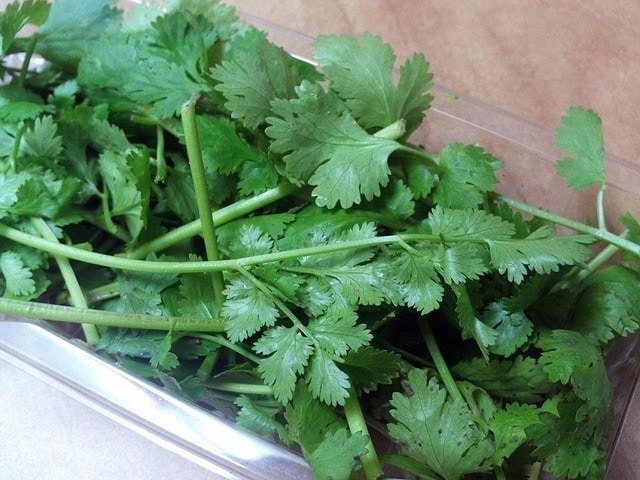Can Hamsters Eat Avocado? Vet Approved Facts & Alternatives
Updated on

Click to Skip Ahead
The health-boosting qualities of avocados have made them a vital component of trendy diets throughout the globe in the past decade or two. If you consistently have this green fruit in your home for the benefits it offers you, you may wonder if it’s something you can share with your hamster.
As healthy as avocados are for humans, avocados are one fruit you don’t want to share with your hamsters. Read on to learn more.

Why Can’t Hamsters Have Avocado?
While avocados aren’t known to be toxic to hamsters, toxicity has been shown in other rodents such as mice. Avocado isn’t something most vets would recommend feeding. There are several reasons avocado should stay on your plate only, including:
- High fat content. A 50-gram serving of avocado contains over 7 grams of fat. High fat diets can contribute to weight gain, which can lead to obesity and a shorter life span.
- High caloric content. Because avocados are very high in fat, they’re extremely high in calories. A 50-gram serving of avocado contains 80 calories. Eating too many calorically dense foods can also lead to weight gain and obesity.
- Pouch hazard. The sticky flesh of the avocado could get stuck in your hamster’s cheek pouches, which may lead to impaction. Untreated pouch impactions can eventually lead to infections and abscesses.
- Persin. The skin and pit of the avocado fruit, as well as the leaves and bark of the tree, contain amounts of the toxin persin, which can be detrimental to rodents like hamsters in high enough amounts. Usually the flesh contains lower amounts of persin.


What Do I Do If My Hamster Ate Avocado?
Whoops. Before reading our article, you gave your hamster a taste of your avocado. Now what?
Remember, avocado flesh is usually non-toxic, so your little buddy will likely be just fine if they’ve eaten a small taste. The problem with avocado lies in its high fat and caloric content and its cheek impaction hazard. If your hamster has eaten the avocado and doesn’t appear to be storing it in their cheek pouches, they are unlikely to experience any long-lasting side effects. You may notice some gastrointestinal upset from the introduction of a new food in their diet, but these should be short-lived. However, if the signs are severe or last longer than 24-48 hours, contact your veterinarian.


Avocado Alternatives
It’s important to provide your hamster with a good quality commercial pellet and hay first and foremost. From there you may supplement in the occasional bit of fruit once or twice a week combined with various vegetables.
- Apples (no seeds)
- Blueberries
- Blackberries
- Cherries (no pit)
- Honeydew melon
- Peaches (no pit)
- Pear
- Raspberries
- Strawberries
- Watermelon (no seeds or rind)
Though we may not look at them as treats as they’re not as sweet as fruit, veggies, and herbs are a welcome treat for hamsters.
- Broccoli
- Cabbage
- Carrots
- Cauliflower
- Kale
- Parsley
- Spinach
- Squash
- Swiss chard

Final Thoughts
Avocado offers plenty of vitamins and minerals that may benefit your little buddy, but they are far too high in fat for their digestive system to handle effectively; not to mention the cheek pouch impaction risk that the fruit presents. You’re far better off offering your hamster some of the fruit and vegetables we listed above. They’re healthier, lower in calories, and much less likely to present a risk, especially if they’re cut up properly.
Featured Image Credit: endriqstudio, Pixabay











